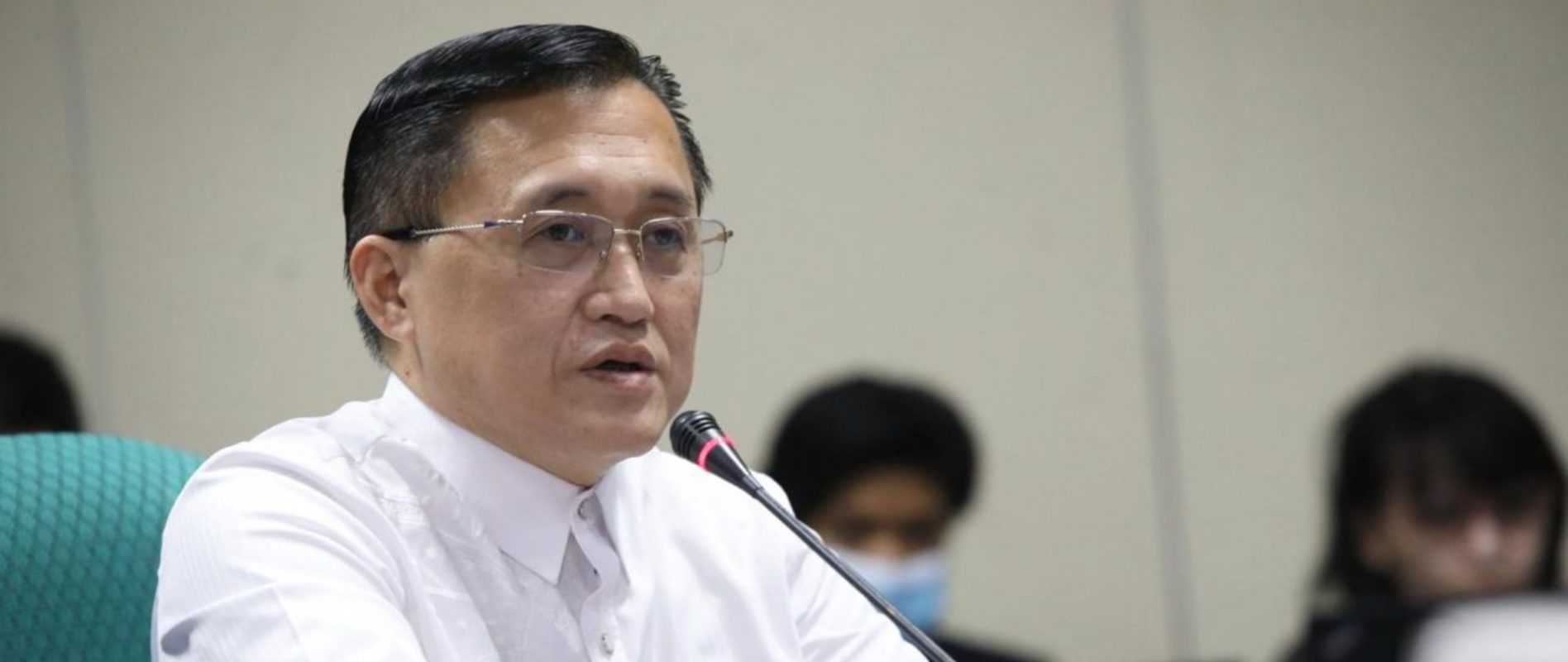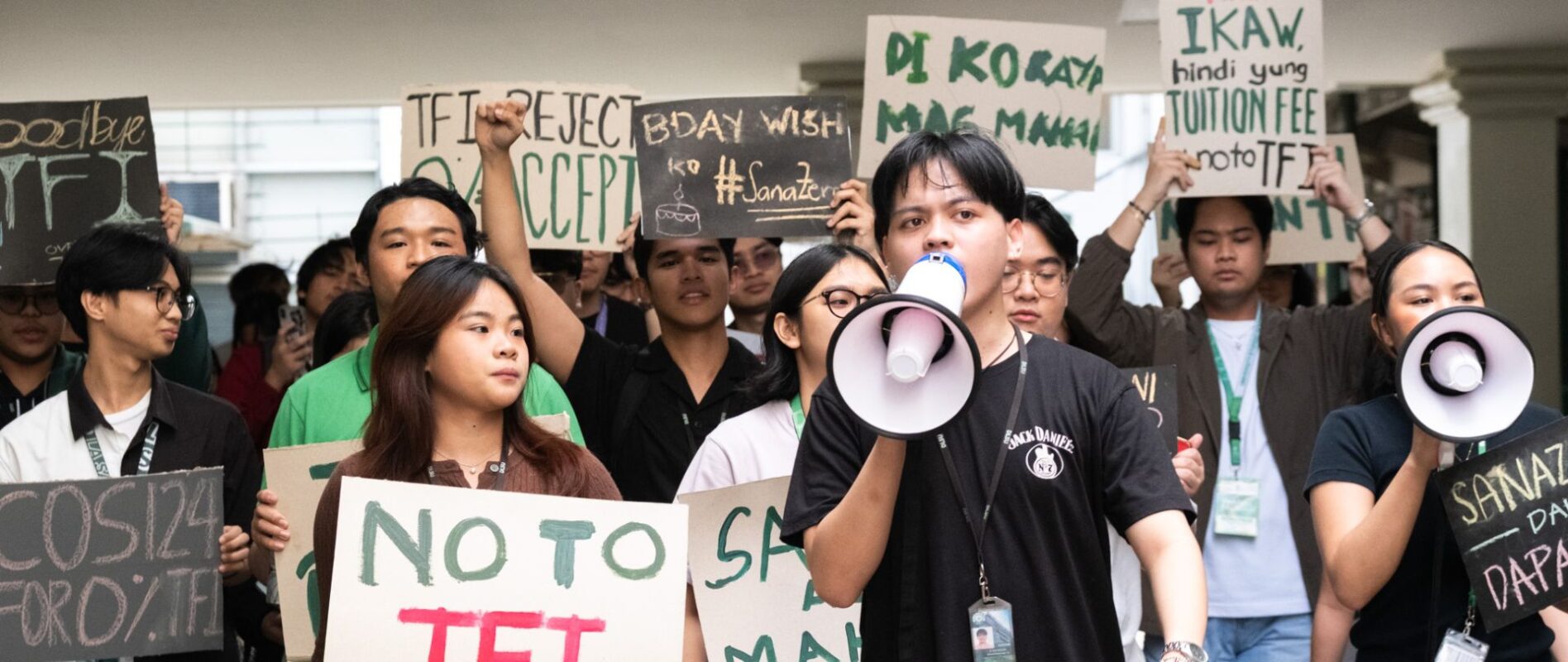SENATOR PUSHES MENTAL HEALTH SERVICES BILL FOR SUCs AMID RISING STUDENT DISTRESS
CITING a growing mental health crisis among Filipino youth in higher education, Senator Christopher “Bong” Go has refiled a bill mandating all state universities and colleges (SUCs) to provide stronger, more accessible mental health services for students, faculty, and staff across all campuses.
The proposed measure, titled the State Universities and Colleges Mental Health Service Act of 2025, was reintroduced on the first day of Go’s second term in the 20th Congress.
It builds on a similar bill he filed during his previous term and reaffirms his commitment to making mental health care a priority in the education system.
“Recent studies and reports have shown a concerning rise in cases of depression, anxiety, stress, and even suicide among students enrolled in SUCs,” Go wrote in the bill’s explanatory note.
He pointed to academic pressure, financial hardship, family problems, social isolation, and the lingering impact of the COVID-19 pandemic as key contributing factors.
While acknowledging the passage of Republic Act No. 12080 — the Basic Education Mental Health and Well-Being Promotion Act — Go emphasized that students in tertiary education still face significant gaps in access to mental health care.
“Strengthening mental health services in SUCs will ensure that students are not only academically supported but also emotionally and psychologically equipped to face the demands of higher education and life beyond graduation,” Go said.
Under the proposed law, all SUCs would be required to establish dedicated Mental Health Offices on every campus.
The measure also calls for coordination between SUCs and the Department of Health (DOH) and Department of Social Welfare and Development (DSWD) to enhance existing services and support systems. The Commission on Higher Education (CHED) would lead the formulation of implementing rules and guidelines in consultation with relevant agencies.
Recognizing the shortage of mental health professionals in some areas, the bill allows for the provisional hiring of psychology graduates under the supervision of licensed practitioners, provided they obtain their professional licenses within three years.
It also includes long-term provisions to professionalize and support the mental health workforce in education, such as scholarship programs and continuing education for mental health workers; clear performance and compensation guidelines aligned with existing laws, including the Magna Carta of Public Health Workers and the Mental Health Act; and wellness and support mechanisms for counselors and professionals themselves.
Go expressed confidence that the bill would help reduce stigma around mental health and promote a culture of help-seeking and emotional well-being in academic settings.
With mental health concerns continuing to rise, he urged fellow lawmakers to act decisively to institutionalize mental wellness in all levels of education.














